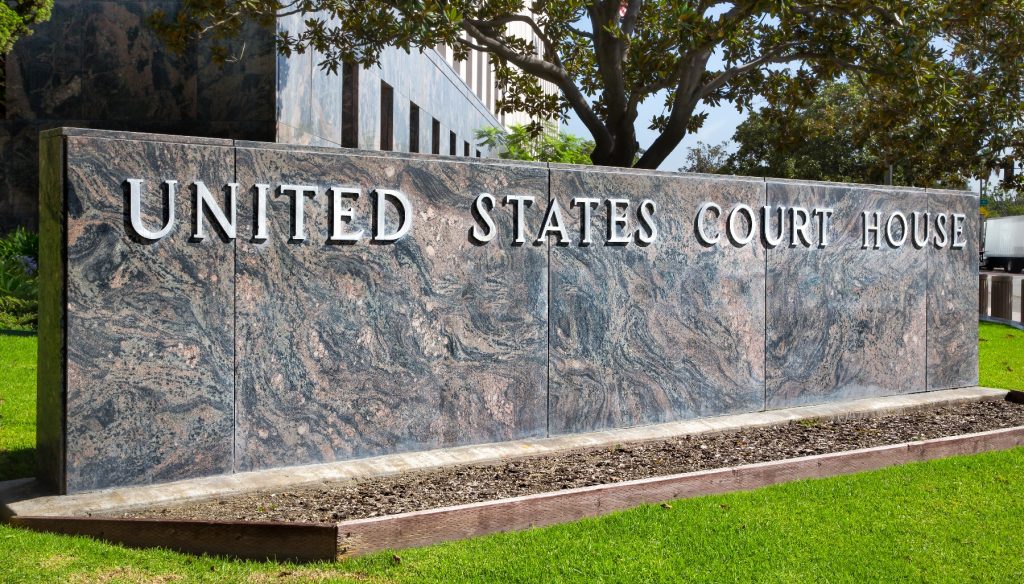When it comes to law creation, it all starts with the United States Congress. They create and pass “bills”, which the President of the Unites States must sign to make it into law. However, not all bills signed into law are created equal. The federal court system can challenge these bills, and even have laws overturned, if they deem them unconstitutional. This has happened several times in our country’s history, most recently, in California regarding same-sex marriages.

Federal Crime Defense 317-636-7514
State Law
As for state law, a similar process ensues, but it ensues on a state level, versus a federal one. Rather than congress, it is the state legislatures that create and pass on bills, which may or may not turn into state law. And rather than the U.S. President signing off on them, it is the state Governor instead. Similarly, however, state courts have the jurisdiction to review such bills and laws, and even have them overturned if they challenge or contradict the U.S. Constitution.
Judicial Hierarchy
When it comes to pecking order, judicial hierarchy starts with the federal court system, which includes district courts, circuit courts, and the Supreme Court. There are 94 district courts within the federal court system. These are trial courts that handle both civil and criminal cases. The federal court system also includes 12 court of appeals, also known as circuit and appellate courts. Appellate courts are in place to review the rulings of trial courts, which means they actually have more judicial influence than district courts.
The Supreme Court is the federal court that has ultimate power over all rulings within the United States judicial system. As the only court that was established by the Constitution, it has the power to judge whether federal, state, and local governments are acting within law, and can even decide if the President’s actions are constitutional or not. Mostly, the Supreme Court generally handles cases of National importance.
When They Conflict
There are several examples in which state and federal law conflict with one another, like in the case of medicinal and recreational marijuana usage, same-sex marriage, and even seat belt laws. Here are some possible scenarios:
❖ If state law provides a defendant with more privileges than federal law, state law will legally presume in that state. For example, if a person lives in a state in which medical marijuana is legal on a state level, but illegal on a federal level, the state law will prevail because it gives citizens more civil rights.
❖ In contrast, if state law allows for something that the federal law explicitly prohibits, such as possession of marijuana, the federal law will prevail in court cases.
❖ Also, if a state enforces more accountability on its residents than the federal law does, the state law will presume. This is common in regards to state and federal seat belt laws.
An Indianapolis Criminal Defense Attorney You Can Trust

David E. Lewis Attorney at Law 317-636-7514
